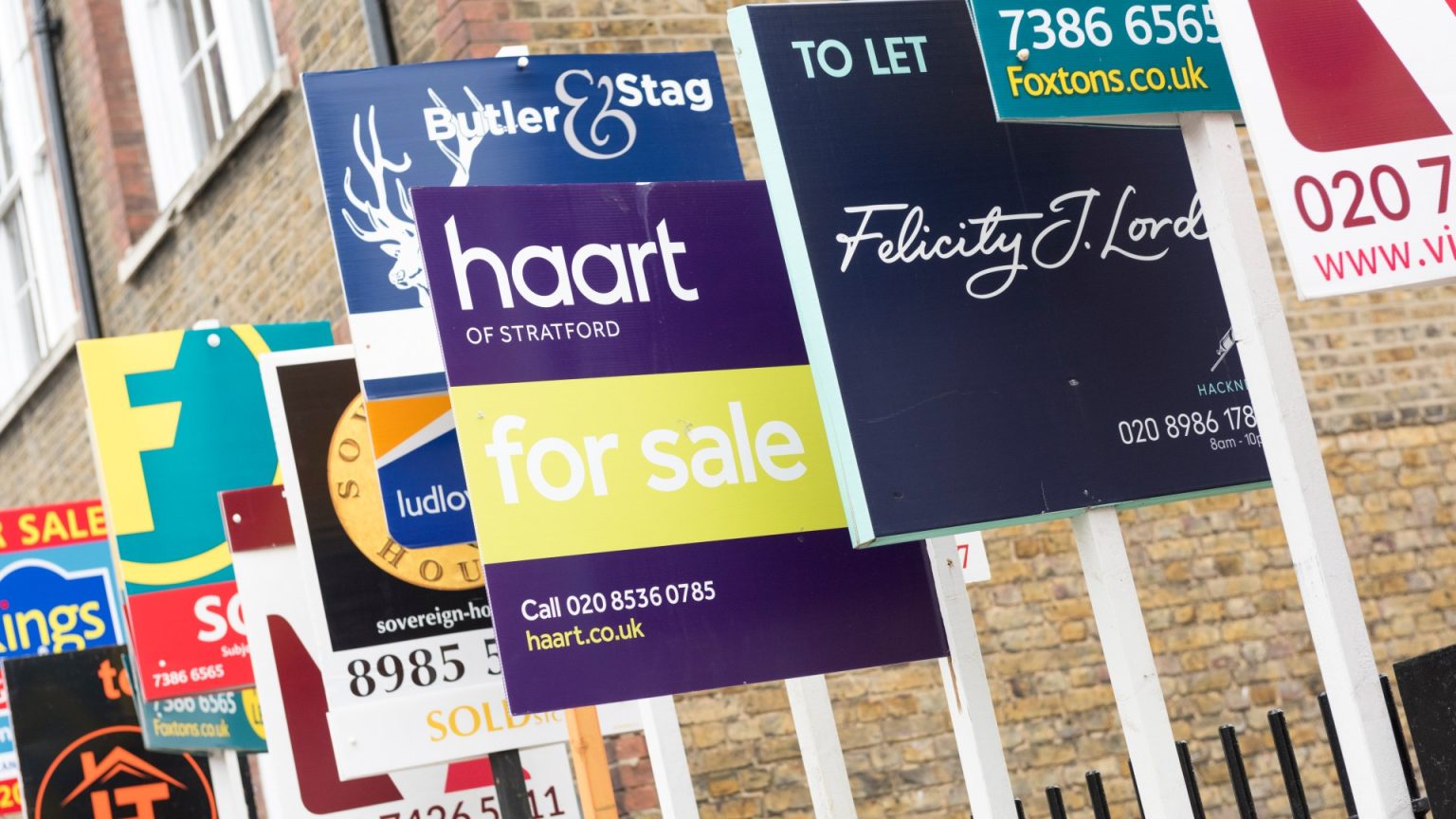The UK government has announced a significant change to the private rental sector, confirming a ban on landlords charging excessive upfront fees to prospective tenants. This move, part of the upcoming Renters Rights Bill, aims to alleviate the financial burden on renters who are often required to pay several months’ rent in advance to secure a property. The bill will cap the maximum upfront payment at one month’s rent, offering much-needed relief to those struggling to afford the high initial costs of moving. Housing Secretary Angela Rayner championed the change, emphasizing the government’s commitment to protecting renters’ rights and promoting fairer practices within the private rental market. This legislative shift marks a significant victory for tenant advocacy groups who have long campaigned for greater affordability and transparency in the rental sector.
The ban on excessive upfront fees addresses a critical issue highlighted by organizations like Shelter, which reported that over 800,000 prospective renters have been unable to secure housing in the past five years due to unaffordable advance payments. This financial barrier disproportionately affects lower-income individuals and families, perpetuating housing inequality. The new legislation seeks to level the playing field by limiting upfront costs and making renting more accessible to a wider range of individuals. Tenant advocacy groups have lauded the government’s action, praising the decision to prioritize renters’ needs and address the exploitative practice of demanding exorbitant upfront payments. This move is seen as a crucial step towards creating a more equitable and sustainable private rental market.
While tenant groups celebrate the ban, landlord associations have expressed concerns, suggesting that the move could have unintended consequences for both landlords and vulnerable tenants. The National Residential Landlords Association (NRLA) argues that restricting upfront payments, coupled with frozen housing benefit rates and a shortage of rental properties, could create further obstacles for individuals with poor or no credit histories. They argue that landlords may be less willing to take on tenants who are perceived as higher risk, particularly those with fluctuating incomes or limited financial stability. The NRLA suggests that the ban removes a layer of security for landlords, potentially making them more hesitant to rent to individuals who cannot readily demonstrate their ability to pay rent consistently.
The NRLA highlights the potential impact on international students and those with short-term or variable employment, who may face greater difficulty securing rental accommodation without the option of providing larger upfront payments. Landlords often rely on advance rent as a form of assurance, particularly when dealing with tenants who lack a substantial credit history or stable income. The NRLA contends that the ban could lead to increased discrimination against these groups, as landlords seek to minimize their financial risk. They argue that the government should consider alternative measures to support both tenants and landlords, such as strengthening tenant referencing systems or providing financial incentives for landlords to accept tenants with less conventional income profiles.
The Renters Rights Bill, beyond addressing upfront fees, also includes another significant provision: the abolition of Section 21 no-fault evictions. This controversial practice allows landlords to evict tenants without providing a specific reason, often leaving renters with little recourse and facing the prospect of homelessness. The ban on Section 21 evictions aims to provide greater security and stability for tenants, ensuring they can only be evicted for legitimate reasons, such as breaching the terms of their tenancy agreement or causing damage to the property. This change will significantly shift the power dynamic between landlords and tenants, providing renters with greater protection from arbitrary eviction.
The combined impact of the ban on excessive upfront fees and the abolition of no-fault evictions signifies a significant overhaul of the private rental sector in the UK. The government’s intention is to create a fairer, more secure, and affordable rental market that protects tenants’ rights and promotes responsible landlord practices. While landlord groups raise concerns about the potential unintended consequences of these changes, tenant advocacy organizations view the reforms as a long-overdue step towards achieving a more equitable and sustainable housing system. The ongoing debate highlights the complex interplay between the needs of renters and the concerns of landlords, underscoring the need for ongoing dialogue and policy adjustments to ensure a balanced and functional private rental market.



